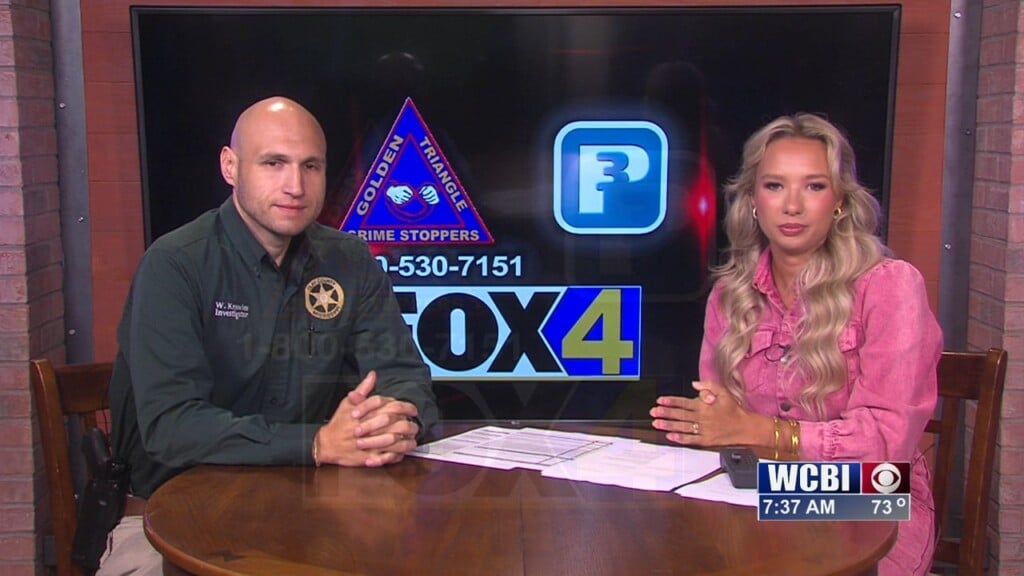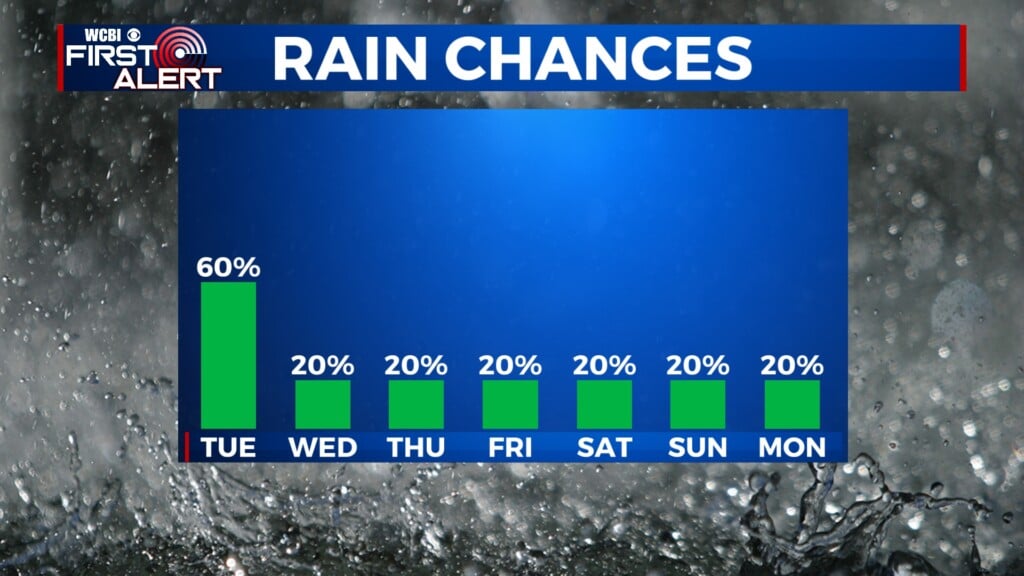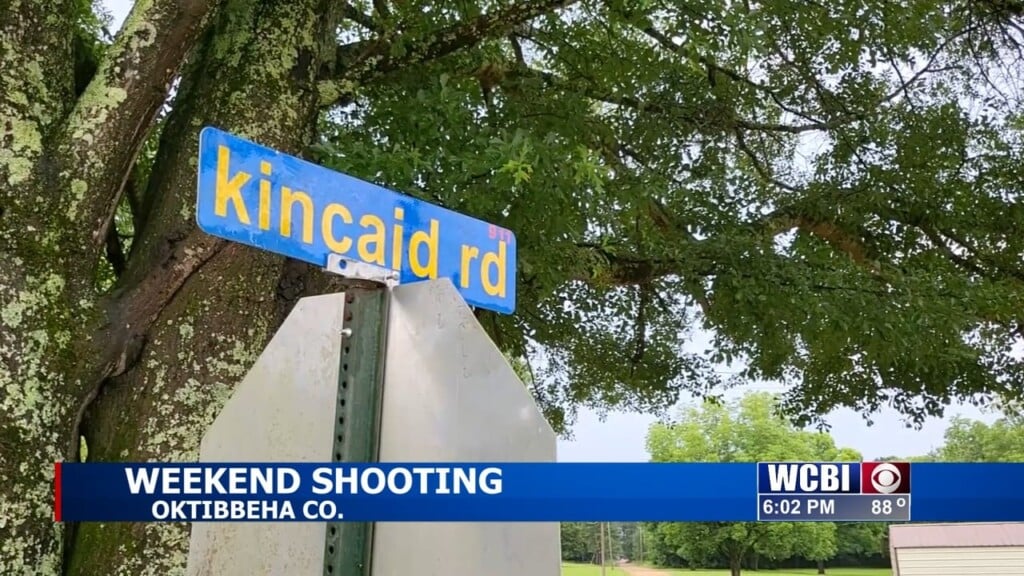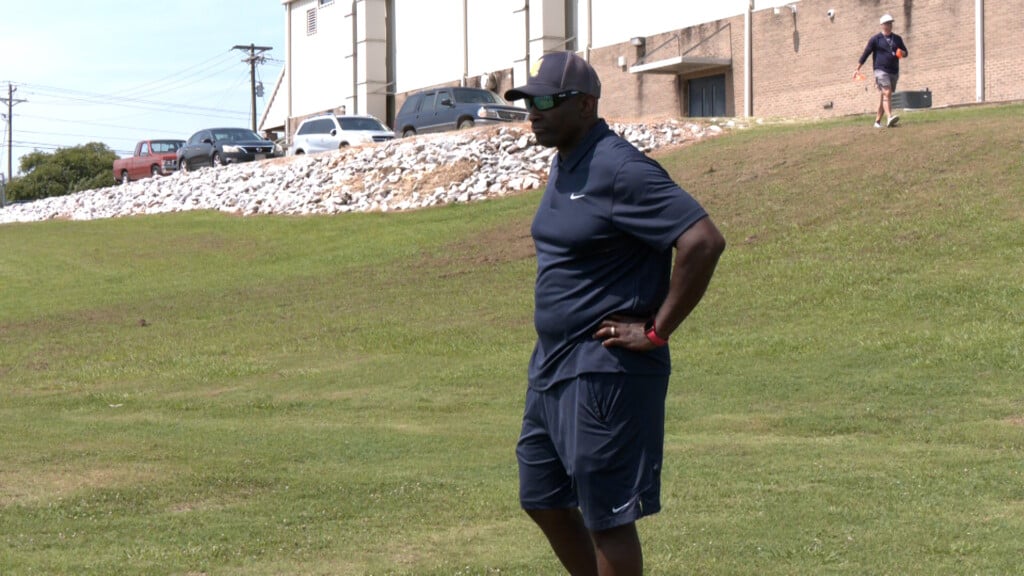Dystopian book “The Warehouse” isn’t too far from reality, author says
“The Warehouse,” a new sci-fi novel from author Rob Hart, weaves a tale of a workplace so bent on making profits that workers are slowly transformed into modern-day slaves. It’s a dystopian vision of another world — but a world that, for some, is frighteningly similar to the one we live in.
In Hart’s cyber-thriller, big tech surveils workers as a means to increase productivity and profits. The business at the center of the system is called “The Cloud” – and Hart insists that it’s not based on any real-life company.
“Totally fictional, made it up,” he said, adding that “to peg it down to any one company, I think, is almost dangerous.”
But workplaces like he described in the book do exist in the real world, he said. “I did a ton of research on this, and really it was reading about how all these major corporations sort of treat us like disposable products,” he said. “Like, we are the food they eat to grow bigger.”
“In ‘The Warehouse,’ there’s a live-work facility. As this company gets so big, they just build dormitory housing for their employees,” he added. “So that you work there, but you also live there. So, you never really go home anymore. And that’s the Foxconn model, in Asia.”
He also explored the idea of Big Brother run amok, via our smart devices — like the Apple Watch. “I bet somewhere in some computer system, there’s a map of everywhere you and I have ever gone while wearing these,” he said.
“It’s terrifying,” he added. “But, I have it and I wear it because it’s cool, and it’s fun, you know? And this is that tradeoff that we make, where we’ve sort of surrendered a little bit of our privacy for convenience.”
Many of Hart’s ideas came from the chance readings of two articles. The first was Mother Jones’ “I Was a Warehouse Wage Slave.” “[The author] got a job at a fulfillment center and they were really running people into the ground to meet these insane standards,” he said. “And yet, people are still lined up around the block for these jobs because they set up in economically depressed areas. And I remember reading that and thinking, ‘There is a book here.'”
He filed that idea away for a while – until he came across a New York Times article about Dunkin’ Donuts worker Maria Fernandes in 2014. According to a medical examiner, Fernandes died after breathing gasoline fumes while sleeping in her car between shifts.
“Maria’s story kinda put the human face on it,” he said. “Maria worked at three Dunkin’ Donuts’ part-time it was just this horrifying story. The year that she died, she was struggling to pay $550 a month on a basement apartment in Newark. And that same year, the CEO of Dunkin’ Donuts made $10 million.”
Hart’s main characters, Zinnia and Paxton, struggle with the same issues while they question their place in an alternative brave new world.
He hopes that their story will raise some questions — and some change. “I think that we need to start being a lot more proactive than we have been,” he said. “I’ve made compromises and I’ve mad bad decisions. But I think that a really good first step is if we just start thinking a little bit.”
“I could have written a bunch of articles, a bunch of non-fiction articles about this,” he added. “The thing about fiction is that it’s about empathy, you know? It’s about sort of being in someone else’s shoes and understanding someone else’s life. It sits with you differently. It’s a way for you to relate to someone else’s story and sort of see those common and connecting threads. And so that’s why it just felt like fiction was the right avenue for this.”
View an excerpt of the book below.
© 2019 CBS Interactive Inc. All Rights Reserved.





Leave a Reply